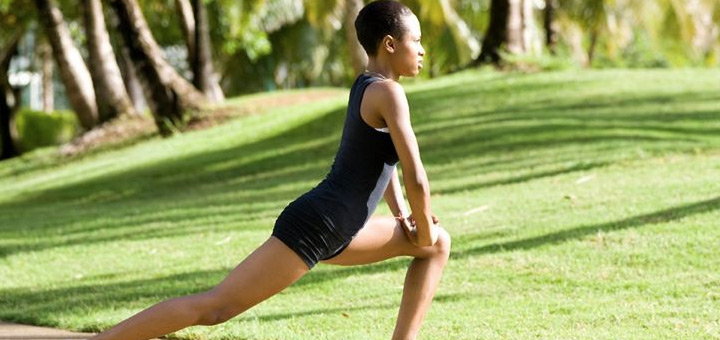Is 30 the new 20? It depends who you ask. If you’re going by a popular TED Talk given earlier this year (3 million views and counting), the answer would be a resounding no.
But what about when it comes to your health?
Keeping healthy in your 30s starts in your 20s (and even earlier), according to Dr. Sharon Domb, medical director, department of family and community medicine at Sunnybrook. She gave us 7 simple tips for how to get – and stay – healthy by your 30th birthday and beyond:
1) Protect yourself against HPV
Dr. Domb recommends that women ensure they’ve completed the series of shots to be vaccinated against HPV (Human Papillomavirus). HPV can increase a woman’s risk of developing certain types of cancer, such as cervical, anal and head & neck cancers, making vaccination an important part of your healthy living toolkit.
2) Don’t put off Pap smears
They can be uncomfortable, and are often the most unpleasant part of an annual physical. But Pap smears look for abnormalities that may end up developing into cancer, so it’s important not to put off scheduling one. Beginning at age 21, women should get one every 3 years. “If there is an abnormal result, you will need to get Pap smears more often,” says Dr. Domb.
3) Keep fertility in mind
Fertility is highest in your 20s and early 30s. “You cannot depend on your fertility after your mid-30s,” says Dr. Domb. Issues can arise when putting off pregnancy because fertility significantly drops after the age of 35. While there is no way to preserve or prolong fertility, women can freeze their eggs. Dr. Domb recommends that egg freezing should be done no later than age 37.
If you are considering pregnancy in the near future, see your physician for a preconception appointment. “It’s important to do this well before you stop using your birth control. Your physician may do some blood work, and can also advise you on medications, alcohol, caffeine and smoking,” says Dr. Domb.
4) Get tested regularly for STIs
Some Sexually Transmitted Infections (STIs) have no symptoms and women don’t realize they’ve contracted an infection, which makes regular testing so important. “Left untreated, infections such as chlamydia can scar your fallopian tubes, which can impact your health and fertility later on,” says Dr. Domb. Most STI testing can be done with a simple urine sample, and doesn’t require a pelvic exam.
5) Watch for signs of depression
If you’ve been feeling down for more than a few weeks, tell your doctor. “If your appetite or sleep has been affected, you’re not enjoying the activities you once did, you are feeling withdrawn or you are having thoughts about suicide- these are signs of depression, and they should not be ignored,” says Dr. Domb.
6) Take a multivitamin with folic acid
Even if you aren’t planning on getting pregnant in the near future, taking folic acid before (and during) pregnancy can prevent major birth defects like spina bifida.
7) Swap beer for burpees
For women, no more than nine alcoholic drinks per week should be consumed. A drink is a glass of beer, a 5-oz glass of wine, or an ounce of hard liquor. “Consuming more alcohol than that may impact your liver, and can lead to liver disease,” says Dr. Domb.
At the same time, women in their 20s and early 30s should be getting at least 150 minutes of exercise per week. So set aside the glass of wine, lace up your running shoes and get your body moving!








